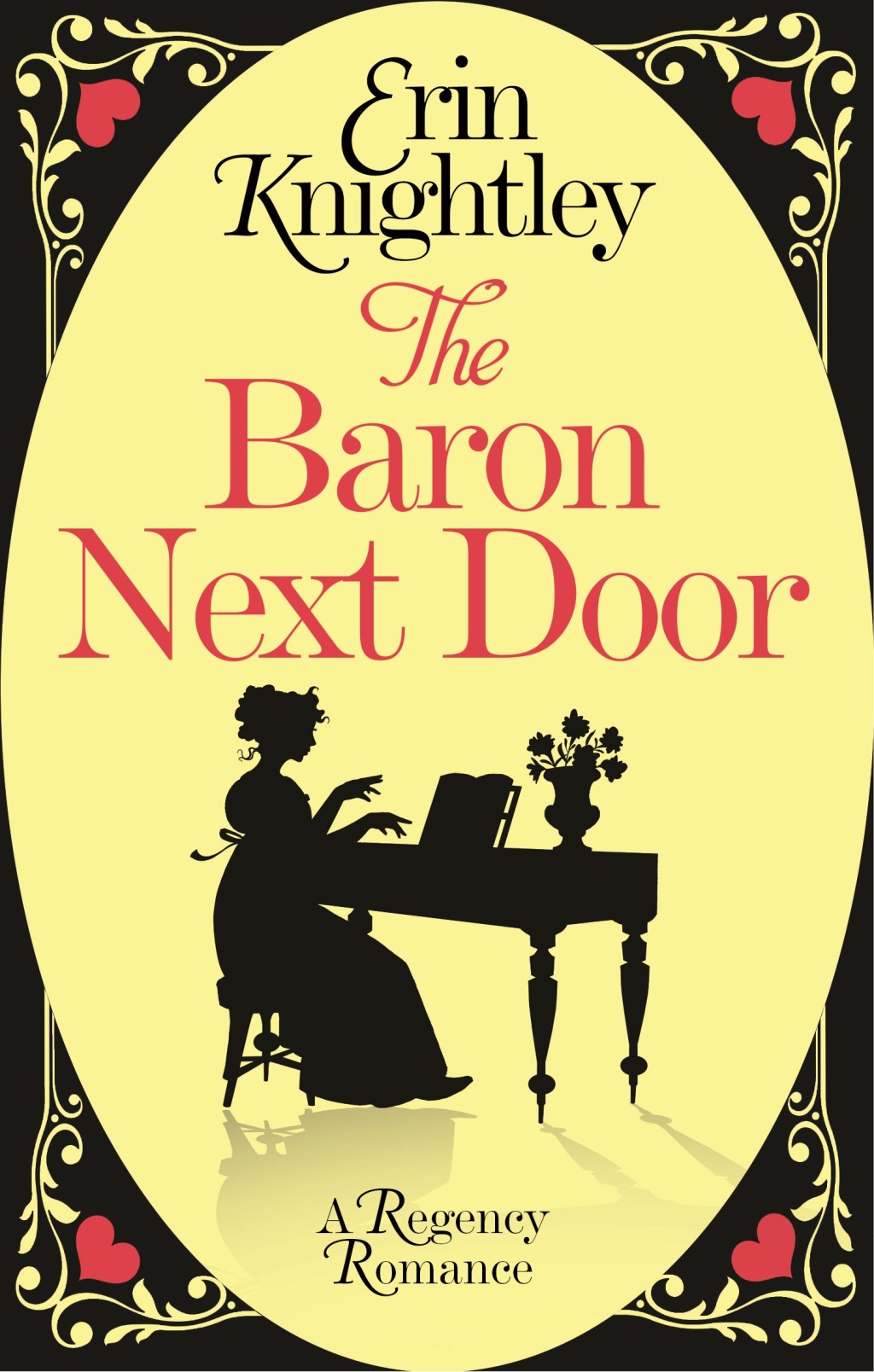Erin Knightley’s Top 10 Tips for Historical Romance writers!

 Do you think you could be a historical romance writer? Have a story inside you waiting to be put down with quill and ink? Does Colin Firth walking out of the water in history’s first ever recorded wet t-shirt contest inspire you to publish your own dashing duke or rogue?
Do you think you could be a historical romance writer? Have a story inside you waiting to be put down with quill and ink? Does Colin Firth walking out of the water in history’s first ever recorded wet t-shirt contest inspire you to publish your own dashing duke or rogue?
Well, both us at Entice and the wonderful Erin Knightley think you should do it. And Erin has provided you with some tips for how to begin, how to research and how to stay find your own particular voice. Read on and write on, Enticers!
1. Read, read, read! No matter what genre you write in, this is important. Know what’s out there, know the trends, and know the elements that you like and dislike about the genre. And, you know – you get to read, so this is the easiest step of them all 😉
2. Write, write, write! I know, it sounds obvious enough, but a lot of times we can get caught up in the planning and research stages. While those are important, actually putting pen to paper (or fingers to keyboard) is what makes us better. After all – practice makes perfect!
3. Decide what type of historical romance writer you want to be. Do you want to be the type of writer who meticulously recreates the setting one detail at a time (construction of the settee, fabric of the drapes, livery of the servants, etc.)? Do you want to have a historical flavor while focusing on the characters? Do you prefer some anachronistic elements so that modern readers thoroughly relate? None of these are right or wrong – just be sure that you chose your path and do it with purpose! Oh, and if you fudge historical details, I do recommend saying so in the acknowledgements.
4. If at all possible, travel to the places you are writing about. My newest series is set in Bath, a place I had the pleasure of visiting a few years ago. It was so rich in historical elements, I felt as though I could close my eyes and be back in the time Jane Austen called the city home. Best part? If you’re a professional writer, the trip is a tax write-off!
5. Research books are your friends. I have amassed a small personal library filled with books about the Regency era. What they wore, recipes for what they ate, diagrams of the houses they lived in . . . the list goes on!
6. Google Books is also your friend. By setting the publication dates to a window suitable to your time period (for me I usually go from Jan 1, 1810 through Jan 1, 1830), you can search books written during the era you wish to write in. I’ve been able to read journals of doctors treating the kinds of wounds my hero had in one book, to find a traveler’s perspective of how the city looked at that time, to discover exactly what an archery target would have looked like during a competition in the decade my book was set in—the list goes on and on. That kind of first hand information is priceless!
7. Chocolate.
8. Don’t be afraid to challenge conventions. We may imagine a certain time period with certain givens, but the truth is, human nature has and always will make us unpredictable. Just because they may not have written home about such behaviors doesn’t mean it didn’t happen!
9. Embrace your inner historical writer. If you’re not using bluestocking, bloody hell, dicked in the knob, wonton, and on-dit in everyday life, then you’re not doing it right 😉
10. Realize that you are never going to get everything perfect, historically speaking. And even when you do, someone will inevitably think you are wrong anyway. But as far as I’m concerned, a good story trumps all! Write the story of your heart, write it well, and everything else will fall into place.
The Baron Next Door is already out in ebook, but the paperback will grace the bookshelves on the UK on September 30th!
The Baron Next Door
by Erin Knightley
After an exhausting Season spent at the mercy of the whispering Ton, Bath's first annual music festival offers Charity the perfect escape: freedom to indulge her true passion and play the pianoforte to her heart's content. That is, until their insufferably rude, though undeniably handsome, neighbour tells her to keep the "infernal racket" to a minimum.
Hugh Danby, Baron Cadgwith, is in Bath to heal hidden wounds, both mental and physical. He may think he's finally put an end to the noise next door, but he has no idea what he's begun. The more he discovers about Charity, the more he finds her bothersome, vexing, and . . . inexplicably enchanting. Before long, Hugh suspects that even if his body heals, it's his heart that might end up broken.
"Charmingly sweet and tender..." -Publishers Weekly
"One of the most beautifully crafted romances I've read in years.' - Jillian Hunter
"Charming, sensitive, and compassionate, this tale is Knightley at her best." -RT Book Reviews, 4½ stars
"This sweet treat of a romance will entrance you with its delicious humor and delectable characters." -Sabrina Jeffries








